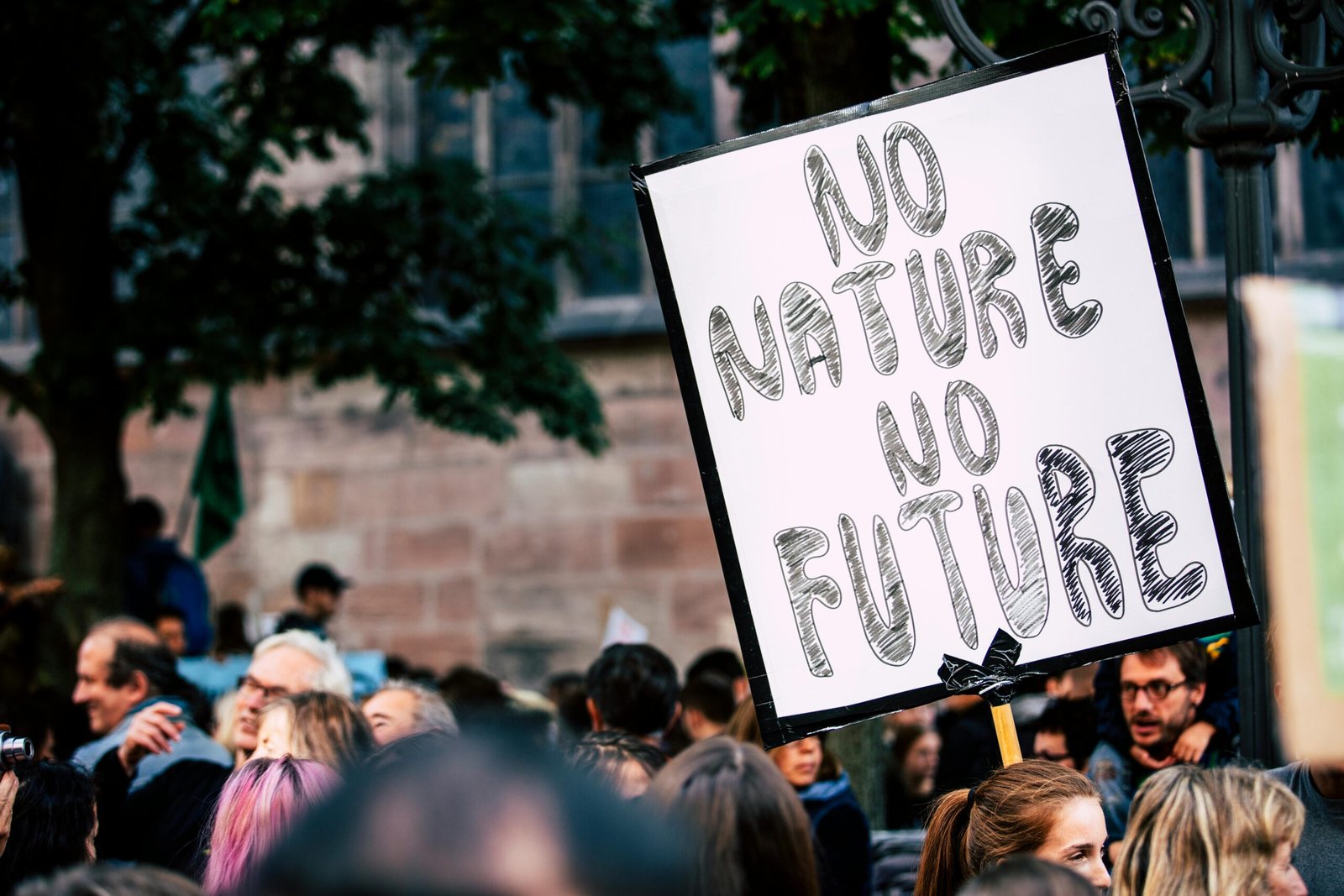The best way to reduce plastic from the environment is to use it less. Often, this means to recycle and reuse plastic or reduce its usage. However, a lot of the daily items that we buy -mostly food – comes packaged in plastic, for a very good reason too. It provides safety and helps keep the food fresh for a long time. So what can you do now? How do you make sure that this does not end up in a landfill polluting the earth for hundreds of years? Let’s get into it.
Sign up for Bisleri's Bottles For Change
In an effort to reduce its impact on the environment, Bisleri as part of its CSR practices has started this initiative. In our post ‘Bisleri Review – Reducing Its Impact on the Environment’ we wrote – “Corporations, housing societies, schools, colleges, hotels, restaurants and other entities enrolled in this program clean and segregate their plastic waste which is then collected and sent to area aggregators and finally to recycling centres. An entire chain of kabadiwalas and waste pickers is involved in this process, referred to as Plastic Agents.” All kinds of plastic – wrappers, shampoo and product bottles etc. are recycled. Read more about the initiative here. And sign up for it here.
Upcycle it through businesses
EcoKaari and reCharkha are two businesses that are using plastic wrappers to make bags, wallets, plant pots and a whole host of other things. There are certain points you need to keep in mind while donating your plastic wrappers to them –
1) They only collect a certain type of plastic : You can check what kind of plastic each of these accept at Ecokaari and reCharkha
2) Always clean your plastic before sending : Unclean plastic waste CANNOT be recycled/upcycled.
Manage your own waste through Non-Profits
Mumbai generates over 11,000 tons of MSW per day, most of which is dumped or illegally burnt. Less than 10% of this waste is segregated and even lesser is actually treated. Green Communities Foundation (GCF) is a non-profit organisation working in the waste management sector to tackle this problem. They work both in rural and urban areas. Through their program for residential communities they strive to manage waste better at the source level through 1) Composting wet waste, 2) Segregating and recycling dry waster and 3) Co-processing and sending only a small portion of hazardous waste to landfills. A team from GCF trains the members of the society and the housekeeping staff for effective and smooth implementation. Read more about it here. You can reach out to them here.
Don't forget the kabadiwala!
Got tones of used plastic bottles of household cleaning products and other waste in general? It’s time you give that call to your kabadiwala (scrap dealer). Or you can now sell your scrap online! Give a call to The Kabadiwala (very literal). Businesses and individuals can raise a pickup request on their app and scroll through the categories of waste they collect. Select your option and wait for them to #takethetrashout.
On a side note, I do recommend you check their instagram. I get a feeling a Gen-z handles that account. You’d know why.





One Response